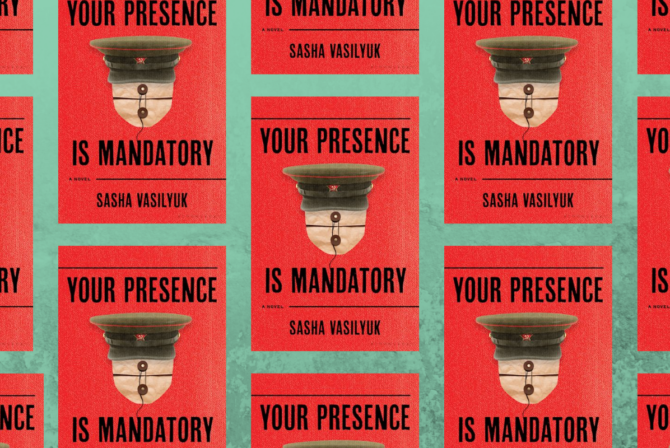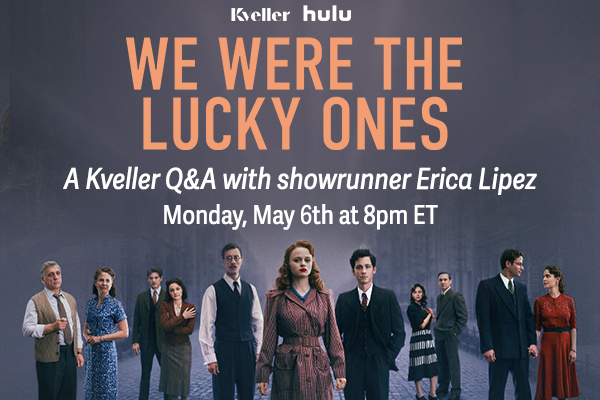I blame my peers…
Remember when WE were kids? I’m using that in a loose sense. Those of you who are old enough and/or young enough to be the first real preschool generation. Remember that? When I went to preschool, the emphasis was on learning to sit in a circle. When I went to preschool, the focus was waiting your turn in line. If we didn’t pull a desired toy out of a friend’s hand, that was a successful day of preschool. What happened?
This past year, my district voted in favor of full day kindergarten. I experienced many mixed feelings about full day kindy. I settled on the fact that districts across the country were converting to full day, and I did not want my district to be a late adopter. Not to mention, my older son had half-day kindergarten, which was a SHORTER day than preschool.
READ: What Happens When My Child with Autism Becomes an Adult with Autism?
When I shipped my daughter off at the tender age of 5 to a full day (8:30 a.m. to 3:25 p.m.), I held my breath and wished for the best. I didn’t want her to regress from preschool (the day being 9 a.m. to 1 p.m.) like my older son had (8:30 a.m. to 11:30 a.m. kindergarten), but I wasn’t sure if she was in fact ready for a full day. After all, the girl could still fall asleep at 2 p.m. while at home. So I threw caution to the wind, and sent her off with the attitude that at least she’d be with peers in the same situation.
Back when I was a child (which I don’t think was THAT long ago), kids went to two years of preschool…tops. The first year was two days a week, and the second year was three days a week. When kids walked into half-day kindergarten, it was a natural progression from the amount of preschool they had in the years prior. Kids walked into school knowing their name, but not how to spell their name. Kids walked into school knowing they liked to listen to books, but not how to read books. In general, kids were allowed to be kids longer. They could worry about playing, pretending, and singing songs, not reading, writing and arithmetic.
What I neglected to realize was that some of these peers have been in preschool since they were 1-year-old. Some of these kids even attended a non-play based preschool (what is preschool if not play based?!?!) that taught them to read and write before they even entered kindergarten! So my young kindergartener suddenly became exceptionally behind her peers on the first day of school.
READ: Teaching My Son to Be a Mensch Through Music
Some may argue, what’s the harm in giving your kids a leg up? What’s so bad about encouraging your kids to be the best they can be? If my child could possibly learn to read and write before formal school, what’s wrong with that? Maybe nothing. From kindergarten to college or graduate school, our children have a long road of formal education. Is it really so bad to spend the first five years of their life nurturing their creativity? Is it really so bad to spend the first five years of life thinking outside the box that we are so focused on for the rest of their lives?
My child has spent her introduction to formalized education running to catch up in her classroom. In our affluent community with tons of resources, she has been encouraged to participate in a special small group of children struggling with the alphabet, sounds, and sight words. I’m grateful that we have these resources available to us, but I can’t help but think how hard it must be on her self-esteem. Any time I have tried to work with her at home have turned into a battle of frustration. She is not mature enough to work this hard at this point, and I don’t believe she should have to.
Our preschool is now required to provide a curriculum, a plan for incorporating reading and writing. I’m not just talking about pre-literacy skills in the form of fun games. I’m talking about “Handwriting Without Tears,” which is a formal program that public schools use to teach children to read. My preschool is forced to defend why they spend so much time on music and art projects in the year prior to kindergarten. My peers are challenging our preschool to “prepare” our children for kindergarten. In my day, preparation meant that we could sit on the rug for 20 minutes straight, wait our turn in line, and not grab a toy out of our friend’s hand.
I’m finding some of these core skills (sitting on a rug, waiting her turn in line, and not grabbing toys) are a struggle for my daughter as well. I can’t help but think if the curriculum and day weren’t so challenging for her, she’d be able to handle those smaller tasks. I feel pretty convinced that my daughter is age appropriate for kindergarten, and that these skills (as well as reading, writing and arithmetic) will come to her. In our pressure-filled society, I think she’s struggling to find her way.
READ: My Son Goes to Hebrew School Online. Here’s Why
For all of this, I blame my peers. Why do our babies have to grow up so fast? Why do they need to be in formal education as early as possible? Is it all to prepare for formalized testing? Is that how we gauge our children’s success? I’d like to see everyone just slow down, take a step back, and relax. Let’s let our kids stay kids a little bit longer. Then we can talk about stepping it up in first, second, and third grades where our children actually have the stamina, intellect, and maturity to handle the demands of learning like that.







